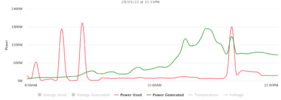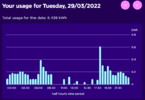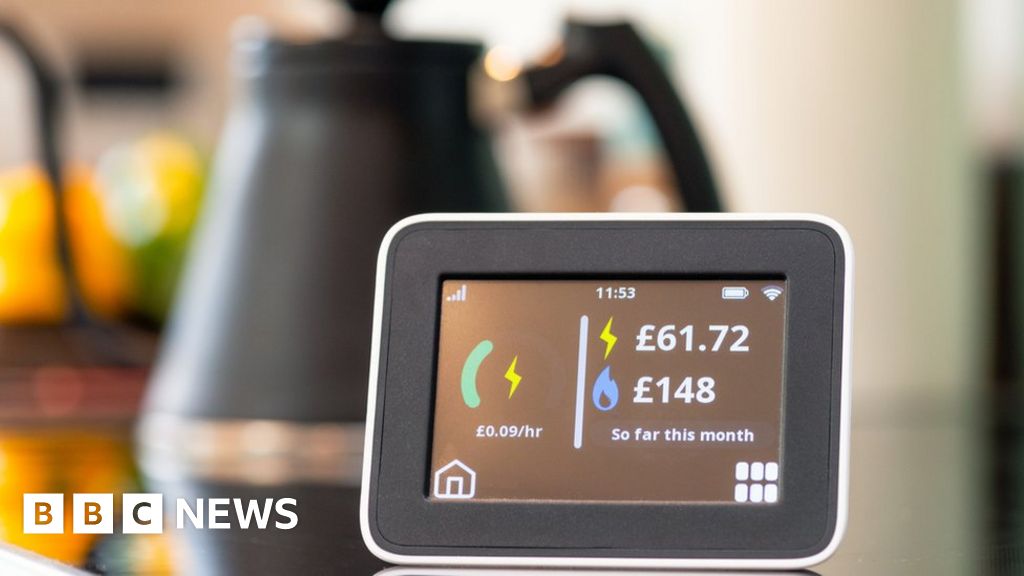squarepeg77
Member
I think it will be hard to flatten the curve for electricity usage at dinner time. Although a relatively small amount of battery storage per home (1-4kWh?) would probably cover that peak.
Smart EV charging and smart appliances could help. People probably don’t care when their car charges, or dishwasher runs… so long as it’s finished by morning.
Of course I think those of us that care about this topic already do things to shift some of the usage off peak, or when the sun is shining.
Smart EV charging and smart appliances could help. People probably don’t care when their car charges, or dishwasher runs… so long as it’s finished by morning.
Of course I think those of us that care about this topic already do things to shift some of the usage off peak, or when the sun is shining.






